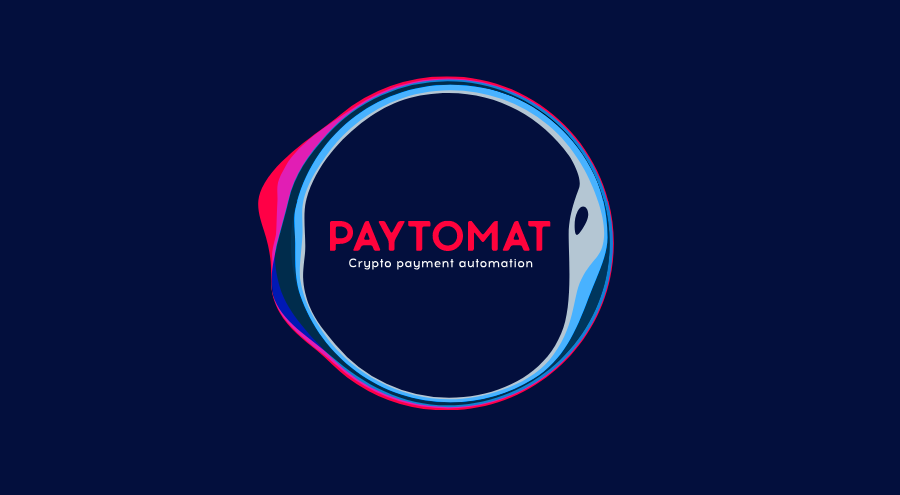Like a lot of FinTech, payments are an ancient industry. Built on legacy software and systems that have been around since mid last century, the industry always felt the need to improve upon an outdated method rather than starting anew. However, with crypto, the world of payments just might be in for a significant change, which we’re looking to be at the forefront. That’s why we’re excited to share with you a few of the problems we’ve seen in the payment industry, as well as how we plan to fix them:
Interchange Fees
If you were to ask any small business owner how much it cost every time you swipe your card, they’d most likely sigh and tell you how much of pain interchange fees are. If you’re not familiar, interchange fees are what credit card networks like Visa and American Express charge vendors to run a transaction, which usually hovers around 1-2%+$0.15, according to Helcim (American Express is higher, which is why a lot of businesses don’t accept it). These fees are the reason a lot of convenience stores and other places with low priced goods have a credit card minimum, as they’re losing too much off of the interchange rate otherwise. And for Paytomat, that interchange rate could potentially be significantly reduced with crypto.
As Paytomat aims to be a truly decentralized payment network for merchants, that means we’ll never quite be able to set a defined fee per transaction. Furthermore, while crypto generally has fees for mining (I.E: Ethereum’s gas) those fluctuate depending on the speed at which transactions can go through. This is a model that excites us because as blockchain infrastructure becomes more efficient at clearing transactions, that means lower fees, and thus, we can pass those savings along to our customers. And while this might sound like something that’s coming years down the road, with the speed at which crypto is moving, this might happen much sooner than you’d think.
Fraud
Fraud can come in many forms, but in almost every case, thrives off of one core factor: our payment systems rely heavily on an archaic system. The biggest culprit here has to be with credit cards, which is a piece of technology that hasn’t been updated since practically the 1950’s. Once a thief obtains someone’s credit card number, that card becomes invalid, leaving the actual owner to jump through hoops to not only get their money back but get a new card as well. However, with crypto, cards could potentially become a thing of the past.
A goal of Paytomat is to educate consumers on how crypto reduces fraud tremendously. While yes, anyone can know your public address, there’s very little someone can do with that information (other than sending you money). A person would either have to physically have your phone, know your password/secure phrase, or somehow find a backdoor channel into your digital wallet, in order to steal from you. Granted, this is something that will simply take some adoption by the mainstream over time, which we’re hoping Paytomat is able to help.
No Consolidated Reward Programs
Rewards programs are a core aspect of why a lot of people are credit card customers to begin with. These include items like frequent flyer miles or cashback programs, which while some are certainly great deals, others are primarily designed so you “break even” on the interest you pay. According to Access Development, 93 percent of customers say the value a company brings is why they’re loyal to them. And as people pay through a number of different mediums, our goal is to not only give value back to reward programs but streamline them into one source, giving the most back to merchants and consumers.
Chargebacks
Chargebacks are one item that every merchant absolutely hates. Basically, this is when a merchant is required to refund money to someone (either because of fraud or a return), which comes with a pretty significant fee, in fact, they cost as much as $35 billion per year for small businesses, according to chargeback.com. The idea behind the fee for chargebacks is the hope they encourage merchants to act in good faith, as well as to protect the bank that’s taking the risk of floating their money. However, similar to the interchange fees mentioned above, it’s up to the discretion of the banks/card issuers what your chargeback is, which decentralization can partially fix.
As the blockchain is a public ledger, Paytomat can eliminate the intermediaries that are there to ensure money is in each account for a refund. Refunds can be handled directly between the consumer and merchant rather than having to go back through the card issuer and bank, which will improve the speed of the transaction. This is going to be a significant deal in improving the refund process and something we definitely look forward to helping both merchants and consumers on.
Introducing The World To Crypto
Finally, as our world is much more interconnected, we’re overdue for a system of universal payments. Of course, this is one of the biggest arguments for crypto, which is why we at Paytomat are excited to potentially offer this is the small business world on a massive scale. Even though we’re only in the infancy of crypto, the fact that I might be able to pay for something in the same currency anywhere in the world is pretty remarkable, and something we’re delighted to help bring to the mainstream.
